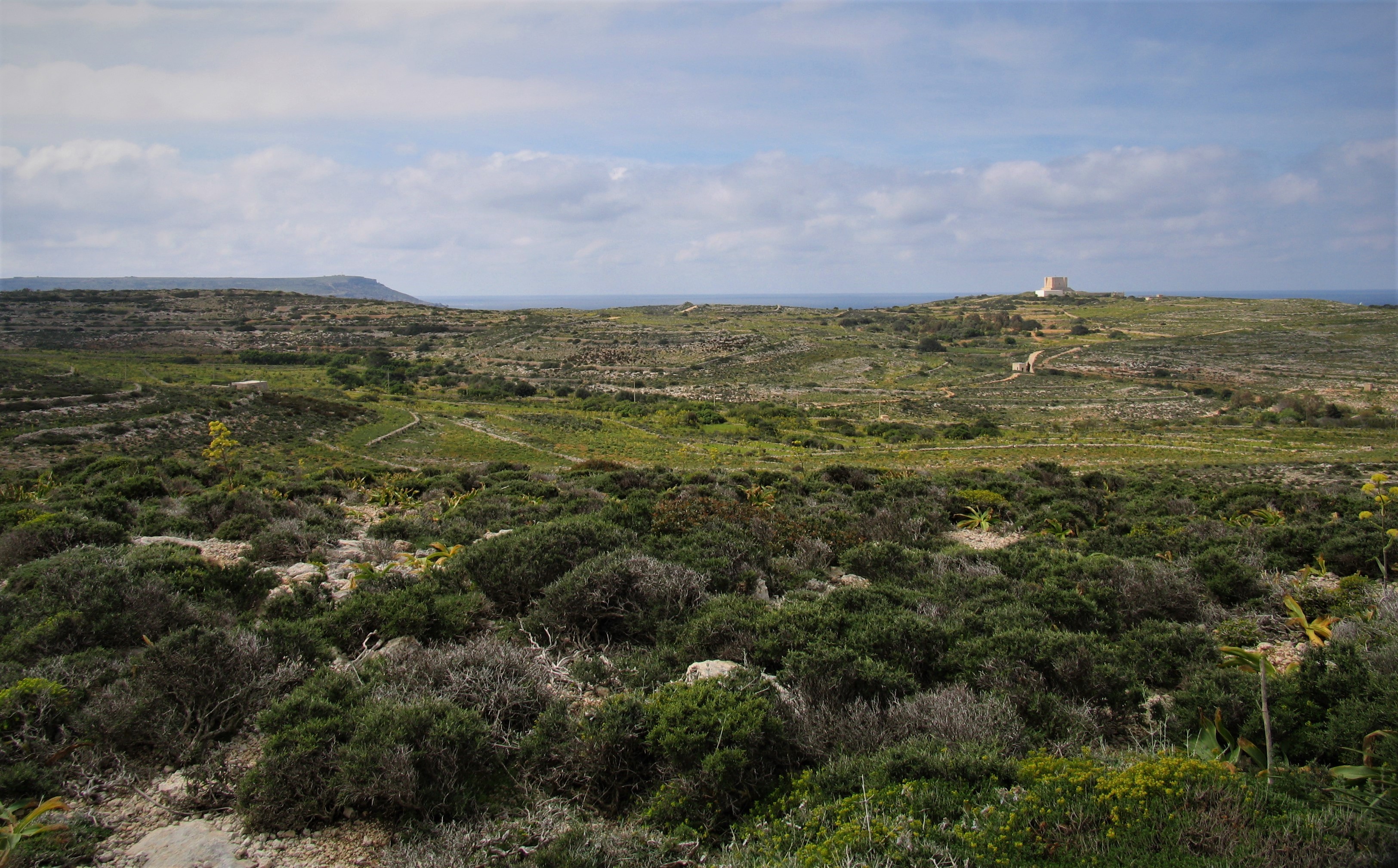
The Secretariat for Catholic Education has approved its wide-ranging environmental policy, placing climate change as its key priority for the years ahead. Echoing Pope Francis’ belief that the world faces “the challenge of civilisation”, the policy argues that as an educational institution it has a responsibility to support, participate in, and where possible create initiatives that can help restore our ailing Earth.
This policy is based on holistic education, a deep sense of ownership and responsibility for the environment, and a strong commitment for the restoration of the environment and the life-sustaining processes that maintain it.
Konrad Pirotta, who earlier this year was appointed as European Climate Ambassador on behalf of the Secretariat, co-authored the drafting of the policy. He warns, “If we don’t act now, a tipping point is fast approaching beyond which entire regions of the earth will become uninhabitable with increasing sea levels, drought and unpredictable weather and climate patterns being the major causes. In many parts of the world, civilisation as we know it may completely cease to exist. As an educational institution we have a duty to act, decisively, both in terms of mitigating existing impact, but also in driving positive change”.
In practice, the policy seeks to encourage young people to undertake a life-long process of experiential learning tied with a can-do approach to tackle and resolve environmental concerns. At the same time, it recommends the nurturing of a sense of ownership for the environment, fostering proactive attitudes that can address current environmental problems, as well as a sense of personal responsibility acknowledging the ever increasing need to show empathy towards other humans and all other forms of life.
Acknowledging that together, schools are bound to have a significant impact, Mr Pirotta explained that the Secretariat will be collecting information about on-going best practices and pro-environmental initiatives in Church schools.
Meanwhile, the Climate Ambassador is engaging in a number of projects to transform these principles into meaningful connections. Through one initiative, Island Connections, Pirotta is looking at the impact of climate change on other Mediterranean islands such as Sardinia and Cyprus and how Malta can be affected too. “Climate change is impacting our lives in many ways. One simple example is the inability of trees to grow at certain altitudes because of temperature increase – a phenomenon which is well documented in Cyprus. The wine industry is also taking a hit from the lack of rain, forcing wineries to water their vines more often to prevent them from drying, in-turn impacting wine production in terms of costs, quality and quantity. These are just two simple examples about how climate change kills off economic prospects”. Environmental degradation is no longer a long-term phenomenon but it’s now clearly visible and detectable within the average life span of humans and young people can experience and observe these realities with their own eyes.
For the time being, however, Mr Pirotta’s objectives remain closer to home, this year his students used the island of Comino for their Biology fieldwork and at the end of the scholastic year they were offered a one-day boat trip around this small but beautiful island to explore the various costal and shallow water habitats and biological communities this island has to offer. During the summer, Mr Pirotta aims to continue raising awareness through efforts such as germination projects, snorkelling sessions investigating marine life and possibly, a coastal survey studying the accumulation of plastics. All this will continue to raise awareness among different segments of the population.
Another ongoing initiative is that of supporting schools and individuals involved in actions that make our environment greener. Green walls for schools, increasing the amount of vegetation within the school perimeter vertically rather than horizontally, are currently being considered by some schools.
Grass fires have been raging on and off for weeks now, with some sweeping through cultivated land and destroying crops, especially trees. Mr Pirotta would like to tender support by offering a limited number of citrus trees to help replace some of those burnt down during the fires.
Such efforts are yielding the desired effect. Earlier this month, climate change has topped the list of actions that Maltese citizens consider as most pressing at European level, according to a Eurobarometer survey. Indeed, action against climate change comes first only in four other member states besides Malta, these being Denmark, the Netherlands, Austria and Sweden.
Mr Pirotta’s role as European Climate Ambassador is part of a wide-ranging initiative by the European Union, known as the European Climate Pact, which brings together people, communities and organisations to participate in climate action and build a greener Europe. The Pact’s ambition is to support the EU’s efforts of making Europe the first climate-neutral continent by 2050.





